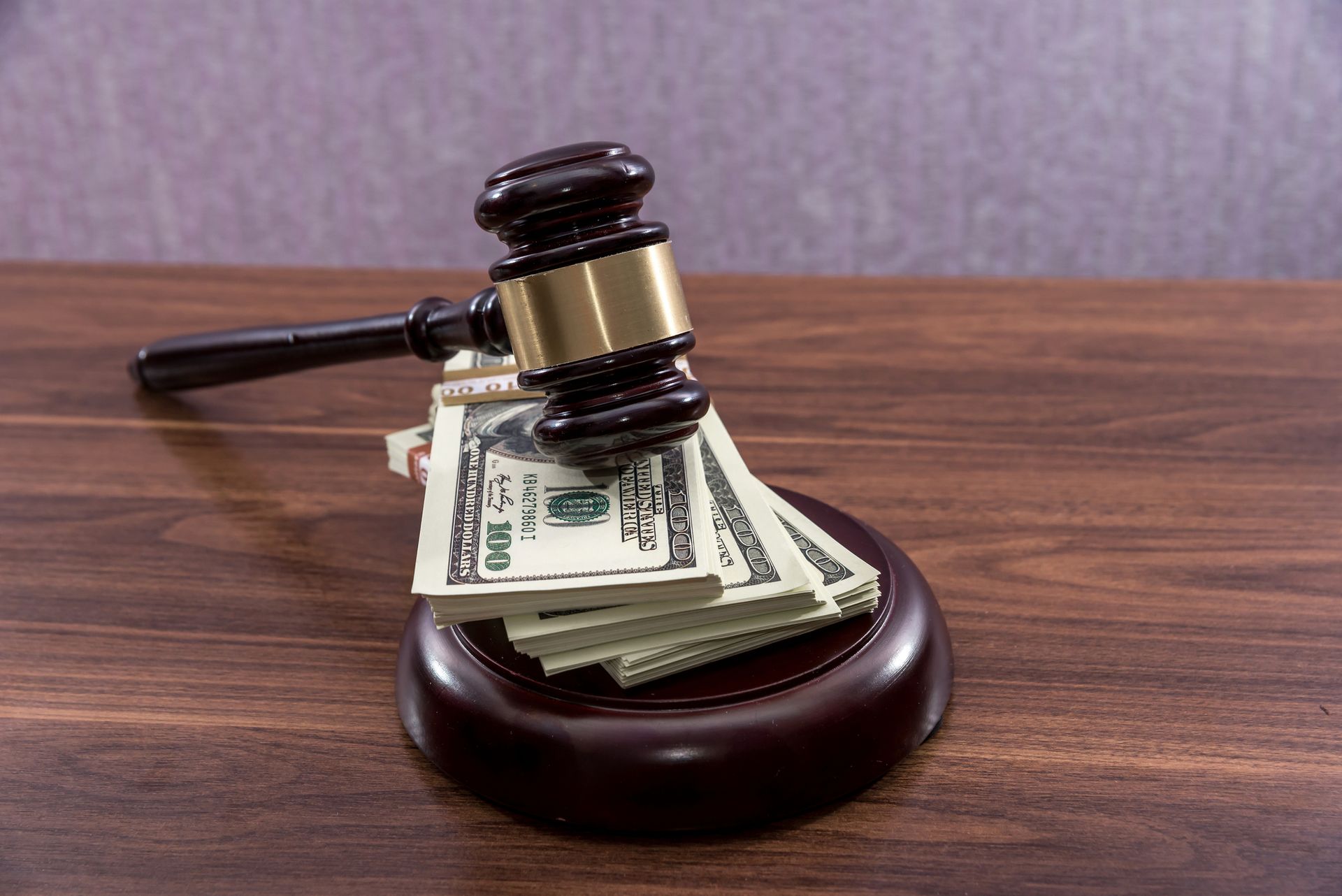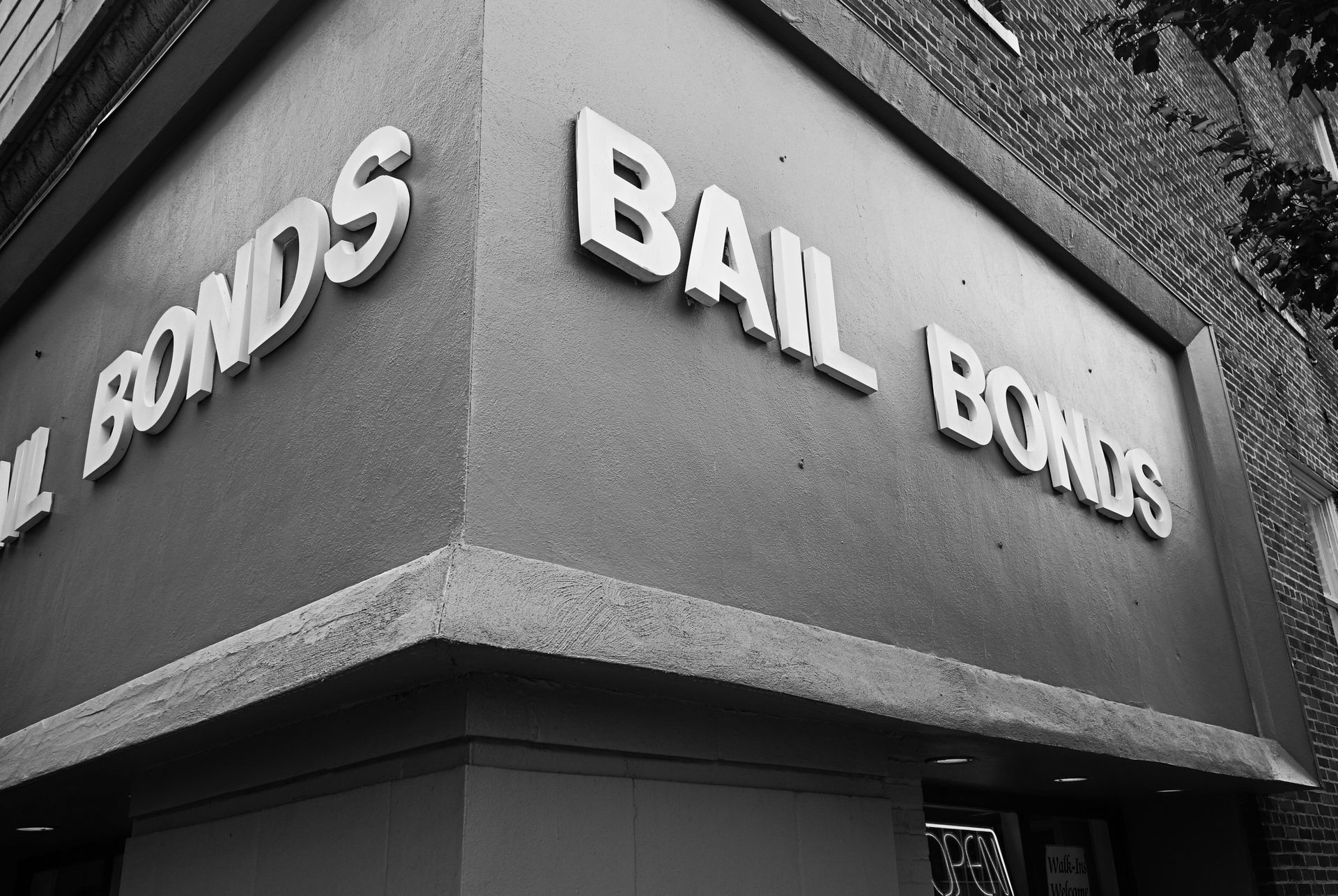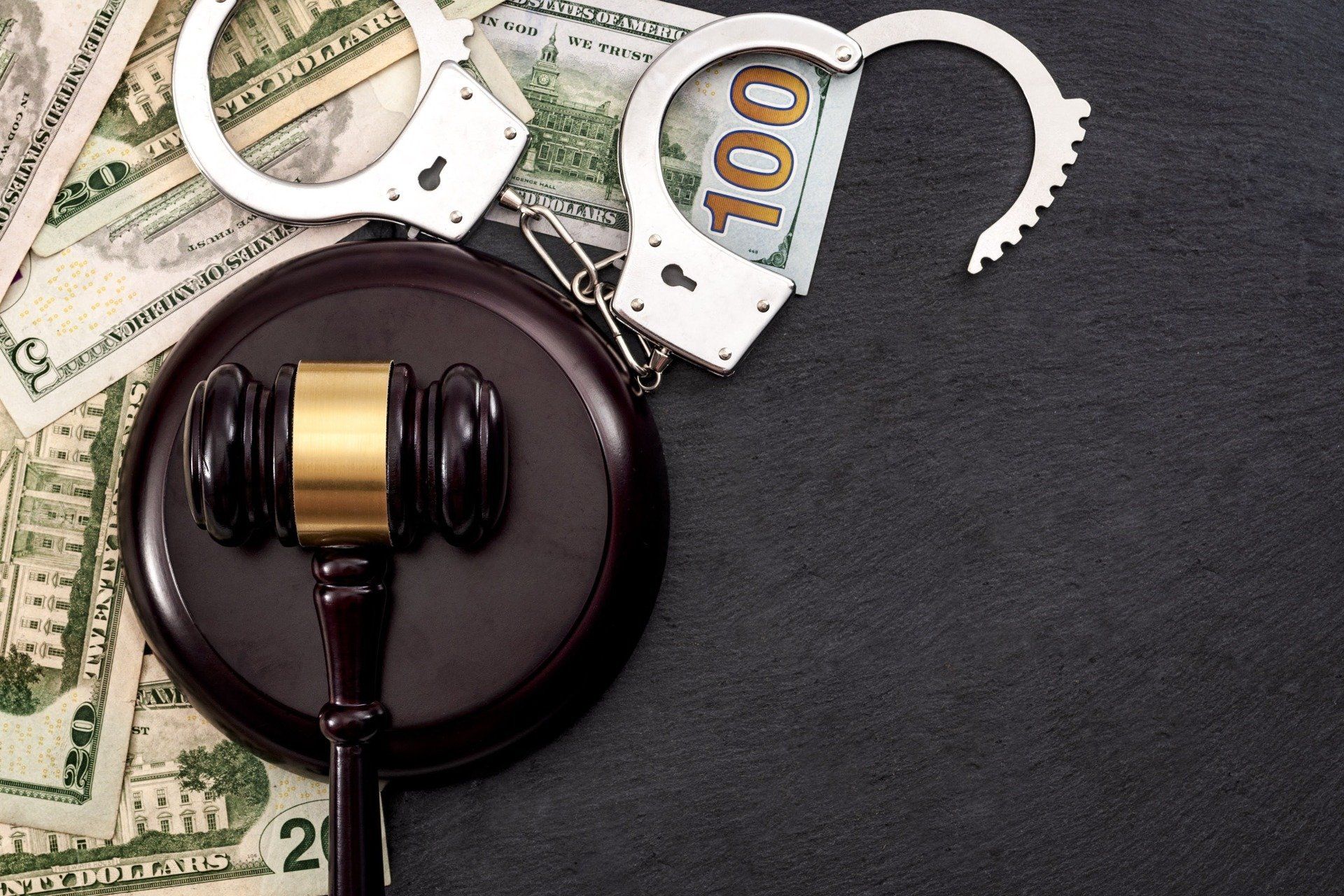Bail Bond Mistakes That Could Land You Back in Jail

You or your loved one may be allowed to post bail before a pretrial, but there are conditions to adhere to. Although the defendant is released after they post bail, they could be re-arrested if they don't follow these conditions. The rules are put in place to ensure that the defendant maintains good behavior while they're out on bail.
While other mistakes such as failure to attend a hearing may seem more serious, other seemingly minor errors can also get you in trouble with the courts. Learn about the common reasons why a defendant may go back to jail after they make bail.
1. Consuming Drugs and Alcohol
A DUI arrest may require you to refrain from any alcohol use until your case hearing. This guideline is usually included in your bail agreement. While you're out on bail, the courts may issue a directive for random drug tests for evidence of alcohol use. If the tests come back positive, you risk going back to jail.
Similarly, if you test positive for other drugs, your case can get quickly complicated. Hard drug use is often a huge offense whether you're out on bail or not. Not only could you get re-arrested, but you might also add drug charges to your case. The courts might also deny you an appeal for bail if you choose to table one after re-arrest.
Generally, you should stay away from alcohol and drugs if you're out on bail. Certain drugs and alcohol can impede your personal judgment. You might do something that may get you arrested when you're intoxicated. Remember that any negative actions on your part might force the court to invalidate your bail terms.
2. Leaving Your Job
If you decide to quit your job after you post bail, you risk finding yourself back in jail. And while leaving your job isn't technically a crime, the courts might get suspicious about your motives. They could consider your actions a possible sign that you plan to leave the state or, worse still, flee the country.
The courts will likely have records on your work history and may take extra care to examine your patterns. A defendant whose work history shows they don't typically hold down one job for long may not raise many eyebrows.
However, if your history shows that you've worked at one job for a long time, quitting suddenly may seem quite suspicious.
In addition, the courts might conclude that you no longer have enough money to fund your defense. And because the court considers your community ties when they set your bail terms, it might seem like you've severed these ties when you quit your job.
Interestingly, certain bail conditions may also require you to find and hold down a job before your next hearing.
3. Traveling Outside Your Residential Location
Sometimes, your bail agreement may include a clause that requires you to remain within your state until after your hearing. In addition, the contract with your bail bondsman may require you to check in with them constantly.
If you need to leave your state for any reason, you'd first need to seek special permission. Even if you have a valid reason to leave, you're likely to raise suspicion with the courts and your bail bondsman if you go without prior notice. And by doing so, the courts might issue a directive for your re-arrest.
There's no guarantee that you'll show up in court on the scheduled date if you leave town illegally. If you do seek permission, be sure to portray the importance of your trip and inform your bail bondsman of all your travel plans.
Bail bonds can sometimes be complicated, and the guidelines may not always be straightforward. You can speak to our agents at
Don's Bail Bonds if you need further guidance on your bail terms.


















